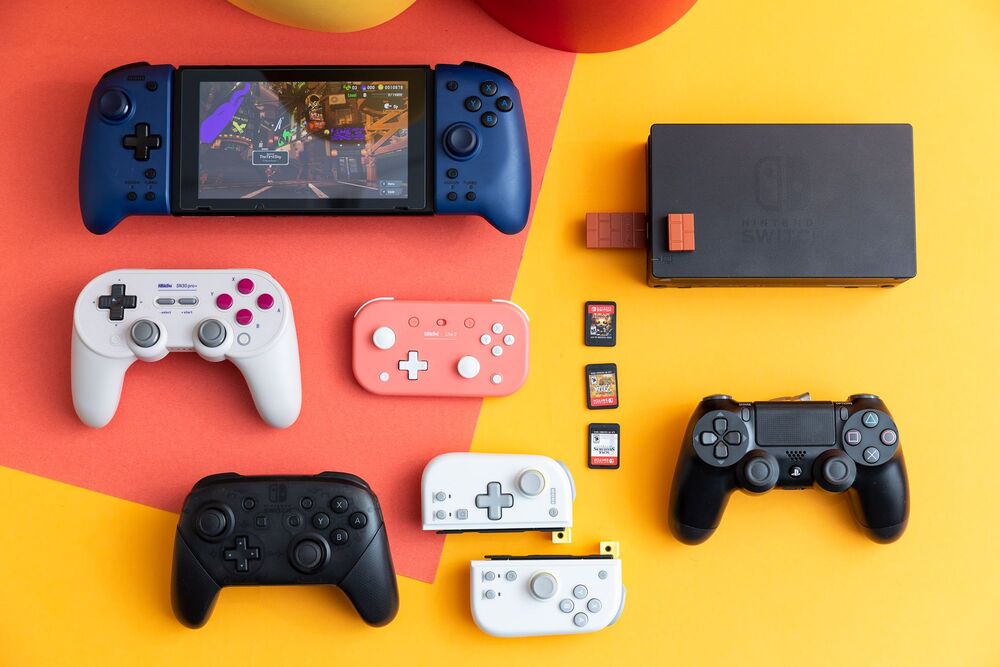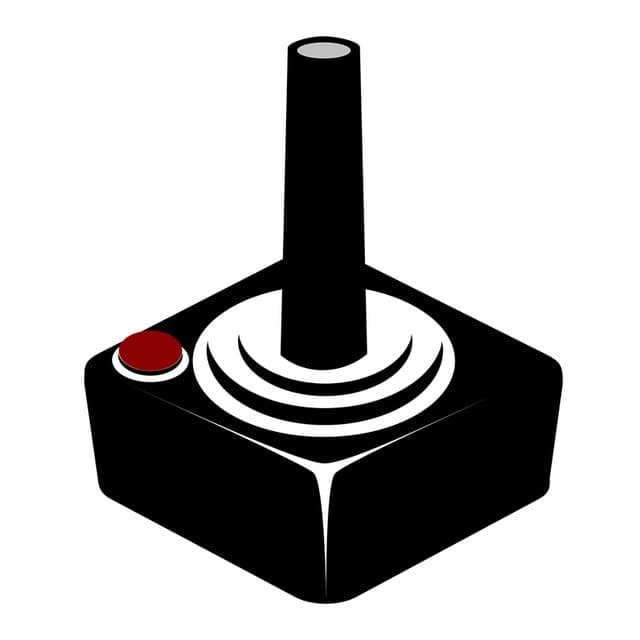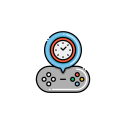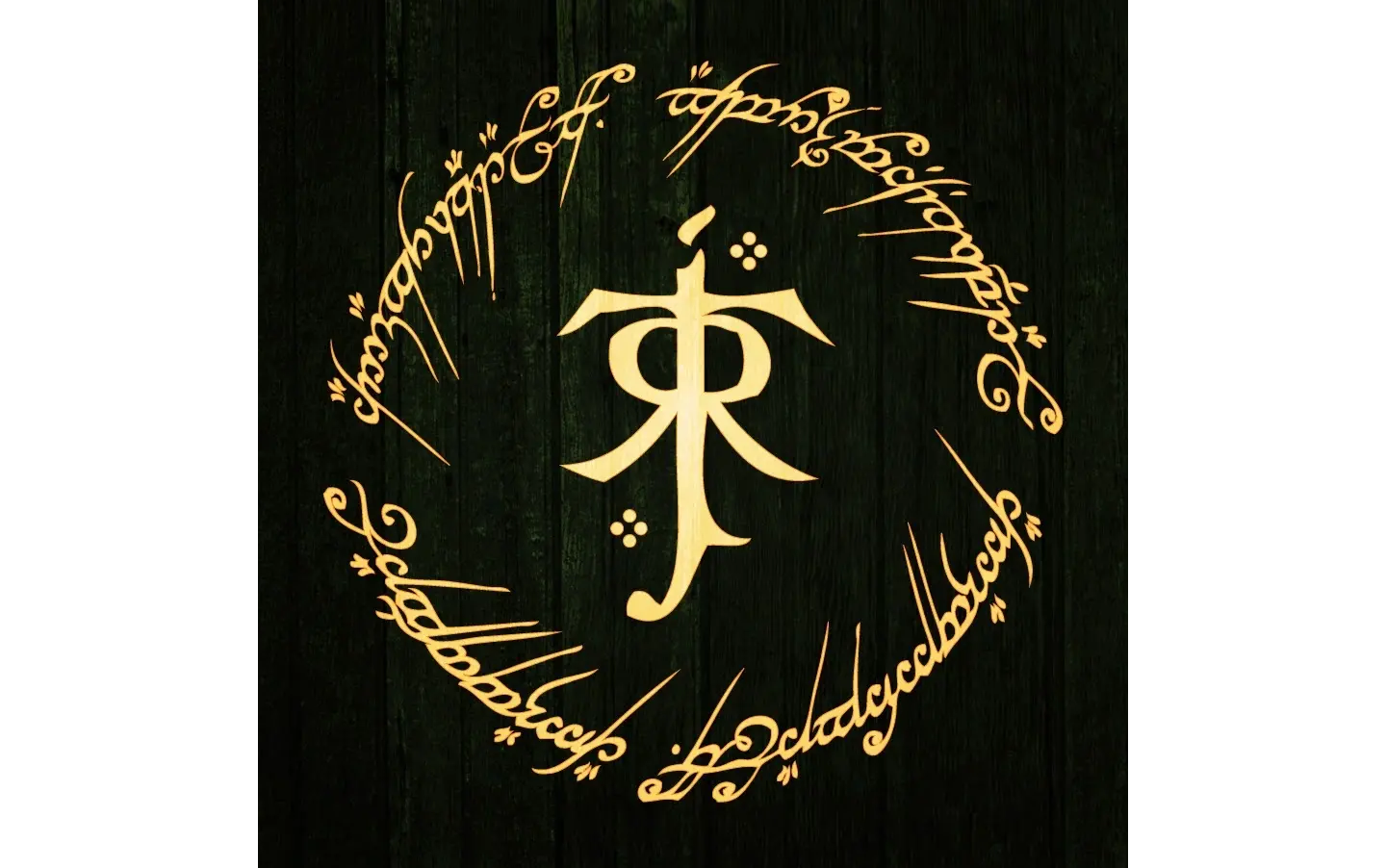

It certainly depends on the clients used, but in my experience searching for communities Lemmy-wide is as, or perhaps even more, discoverable/straightforward than looking through local communities. So most new users will hopefully find their way to other servers’ communities (and I expect this UX to be reinforced by most clients where promoting decentralisation is part of their philosophy).
Of course some users will still stumble upon an inactive community first and be confused. However, I don’t know if stumbling upon locked communities instead would be a big improvement (and would certainly be a detriment to the existing occasional poster who now has an additional barrier to posting).
A reference to one or more related communities in the description would be a great idea though, regardless of level of activity; it’d be a fallback for inactive communities, but also a curated way to find more places in that field.










I’m surprised that the effect of major rivers is big enough to be visible on a global map, at least in otherwise saline areas (Amazon, Mississippi, Congo?). Interestingly, the world’s longest river (Nile) which drains into one of the saltiest seas (Mediterranean) doesn’t register on this scale at all.